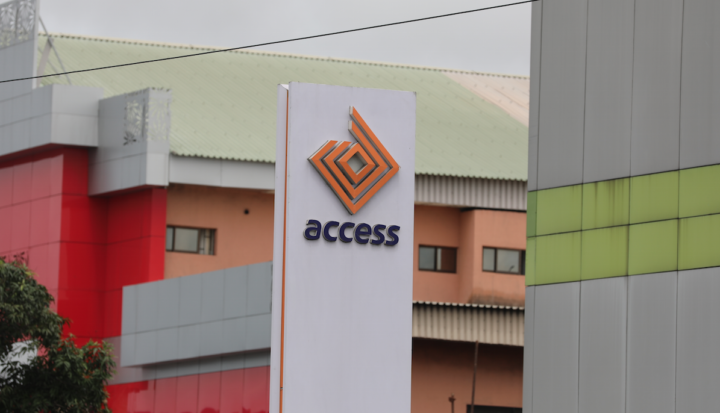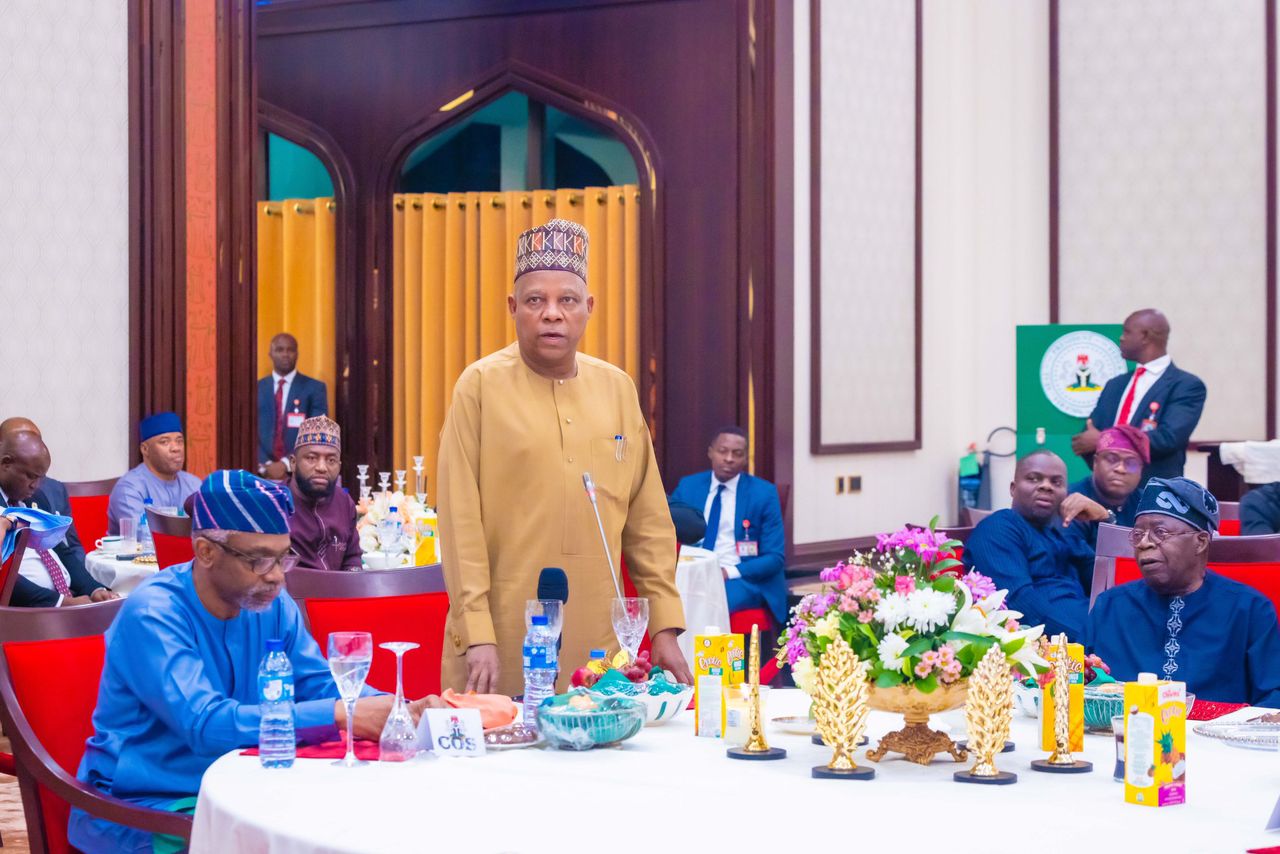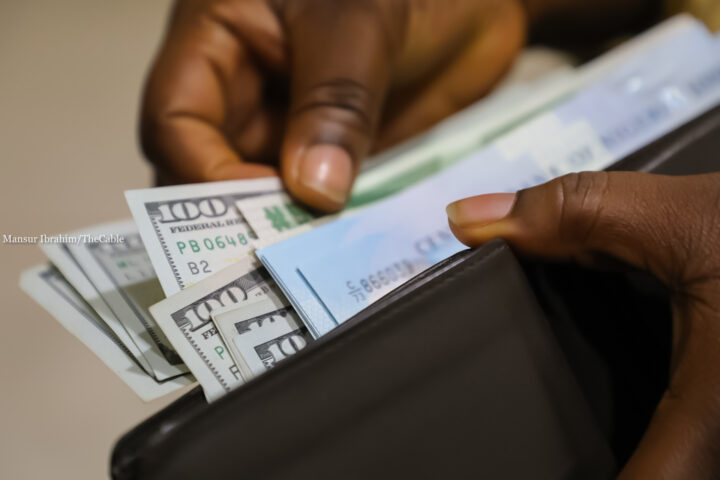The senate and house of representatives have passed the student loan (Access to Higher Education) Act (Repeal and Re-Enactment) Bill, 2024.
The bill speedily scaled first, second and third readings in both houses of parliament.
The bill seeks to enhance the implementation of the higher education student loan scheme by addressing challenges related to the management structure of the Nigerian Education Loan Fund (NELF).
It also seeks to amend applicant eligibility requirements, loan purpose, funding sources, and disbursement and repayment procedures.
Advertisement
The upper legislative chamber’s resolution followed its consideration of the report of the senate committee on tertiary institutions and TETFUND.
Muntari Dandutse, chair of the committee, presented the report during plenary on Wednesday.
You can read the proposed amendments to the student loan here.
Advertisement
‘EXPEDITIOUS CONSIDERATION’
On March 14, President Bola Tinubu asked the national assembly to repeal and reenact the student loan law.
Tajudeen Abbas, speaker of the house of representatives, read the president’s letter during plenary.
The president sent a similar letter to the senate, asking the lawmakers to accord his request “expeditious consideration”.
Advertisement
Godswill Akpabio, president of the senate, read the senate’s version during plenary in the red chamber.
“Pursuant to Section 58 (2) of the Constitution of the Federal Republic of Nigeria, 1999 (as amended), I forward, herewith, the Student Loan (Access to Higher Education) (Repeal and Re-enactment) Bill, 2024 for the kind consideration of the House,” Tinubu’s letter reads.
“The Student Loan (Access to Higher Education) (Repeal and Re-enactment) Bill, 2024 seeks to enhance the implementation of the Higher Education Student Loan Scheme by addressing challenges related to the management structure of the Nigerian Education Loan Fund (NELF), applicant eligibility requirements, loan purpose, funding sources, and disbursement and repayment procedures.”
A conference committee of the senate and house of representatives would be set up to harmonise the bill, after which it will be sent to the president for assent.
Advertisement
Add a comment






